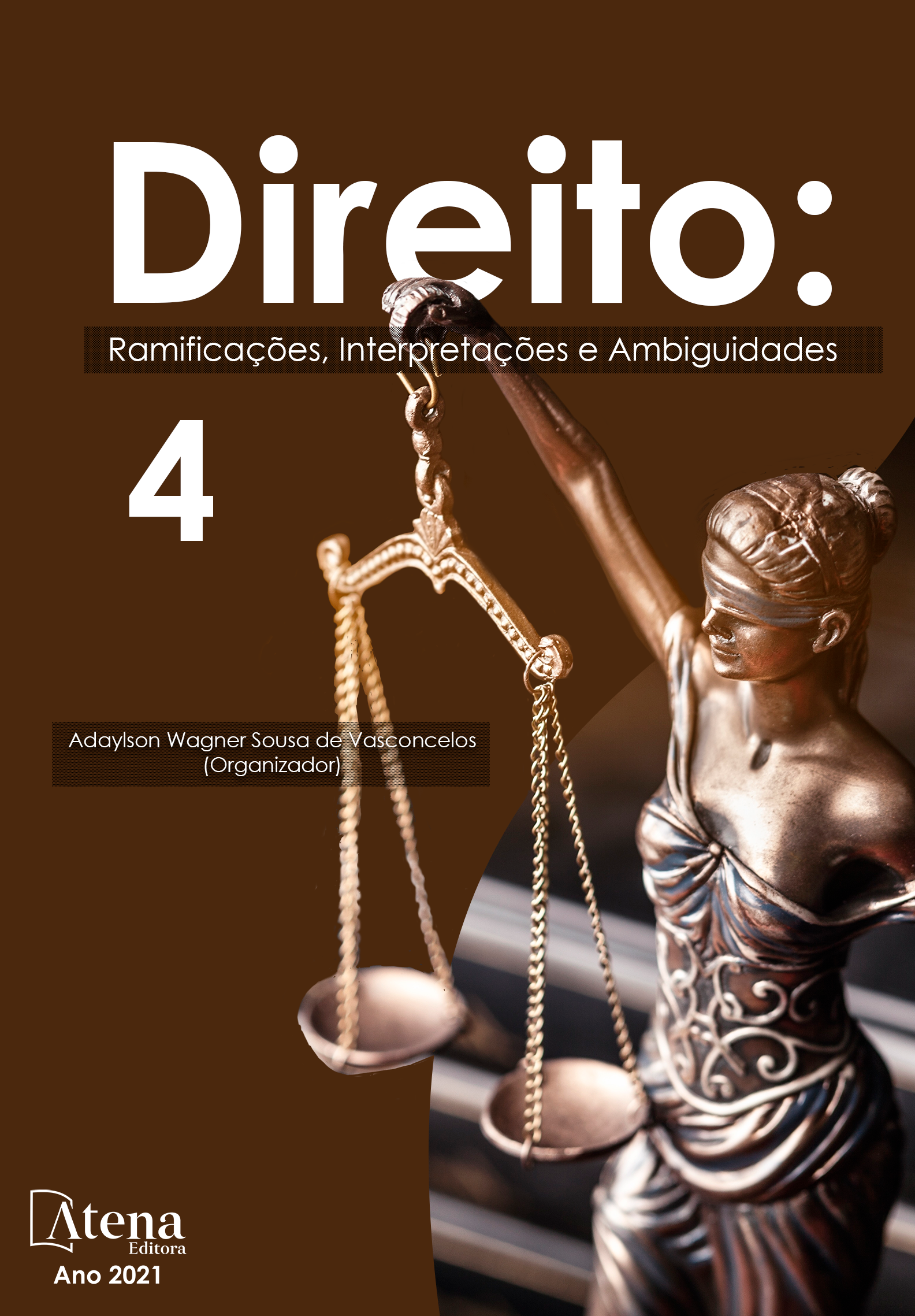
DIREITO E POLÍTICA NA REALIDADE DO TRABALHO DOMÉSTICO: UMA ANÁLISE INTERSECCIONAL NO MUNICÍPIO DE JUAZEIRO/BA
Ao explorar contextos sociais carregados de ambivalência e tensões no campo das relações de trabalho, este estudo constitui um esforço de perscrutar o reconhecimento e a ampliação de direitos constitucionais à classe de trabalhadoras domésticas. Objetiva-se tratar da temática jurídica-social do trabalho reprodutivo, principalmente no contexto das vidas das mulheres, ao investigar os impactos do reconhecimento jurídico advindo da Emenda Constitucional nº 72/2013 e da Lei Complementar nº 150/2015. Analisará, portanto, a disposição das trabalhadoras no município de Juazeiro-BA, região do sertão nordestino, e, pretende-se, com este estudo interseccional nos aspectos de classe, gênero e raça, mapear o perfil das trabalhadoras da região e investigar se há violações aos direitos adquiridos e se estas seriam pontuais ao município ou se denotam um fenômeno sintomático. Como resultado de pesquisa de campo, o tema é apresentado, numa primeira abordagem, em relação ao histórico do grupo e à gênese da ocupação doméstica, depois, discute dados estatísticos e processuais nas regiões apontadas, para, posteriormente, tratarmos acerca da possível efetivação do ganho constitucional advindo dos dispositivos legislativos.
DIREITO E POLÍTICA NA REALIDADE DO TRABALHO DOMÉSTICO: UMA ANÁLISE INTERSECCIONAL NO MUNICÍPIO DE JUAZEIRO/BA
-
DOI: 10.22533/at.ed.83021080317
-
Palavras-chave: Trabalhadoras domésticas. Direito do Trabalho. Direitos Fundamentais
-
Keywords: Domestic workers. Labor Law. Fundamental Rights.
-
Abstract:
By exploring social contexts laden with ambivalence and tensions in the field of labor relations, this study constitutes an effort to delve into the recognition and expansion of constitutional rights to the body of domestic workers. The objective is to undertake the legal-social theme of reproductive work, mainly in the context of women's lives, by investigating the impacts of the legal recognition provided by the Constitutional Amendment No. 72/2013 and by the Complementary Law No. 150/2015. It will therefore analyze the allocation of workers in the municipality of Juazeiro-BA, in the northeastern hinterland region, thus endeavoring, through this intersectional study on the aspects of class, gender and race, to map the profile of workers in the region and investigate if there occur violations of acquired rights and whether they are limited to the municipality or are the product of a symptomatic phenomenon. As a result of field research, the theme is presented, on a first approach, in relation to the group's history and to the genesis of domestic occupation, subsequently discussing statistical and procedural data from the regions indicated, to later confront the possible effectiveness of the constitutional gain derived from legislative provisions.
-
Número de páginas: 18
- Anna Christina Freire Barbosa
- Ingrid Danielle Amorim Alves de Araújo


